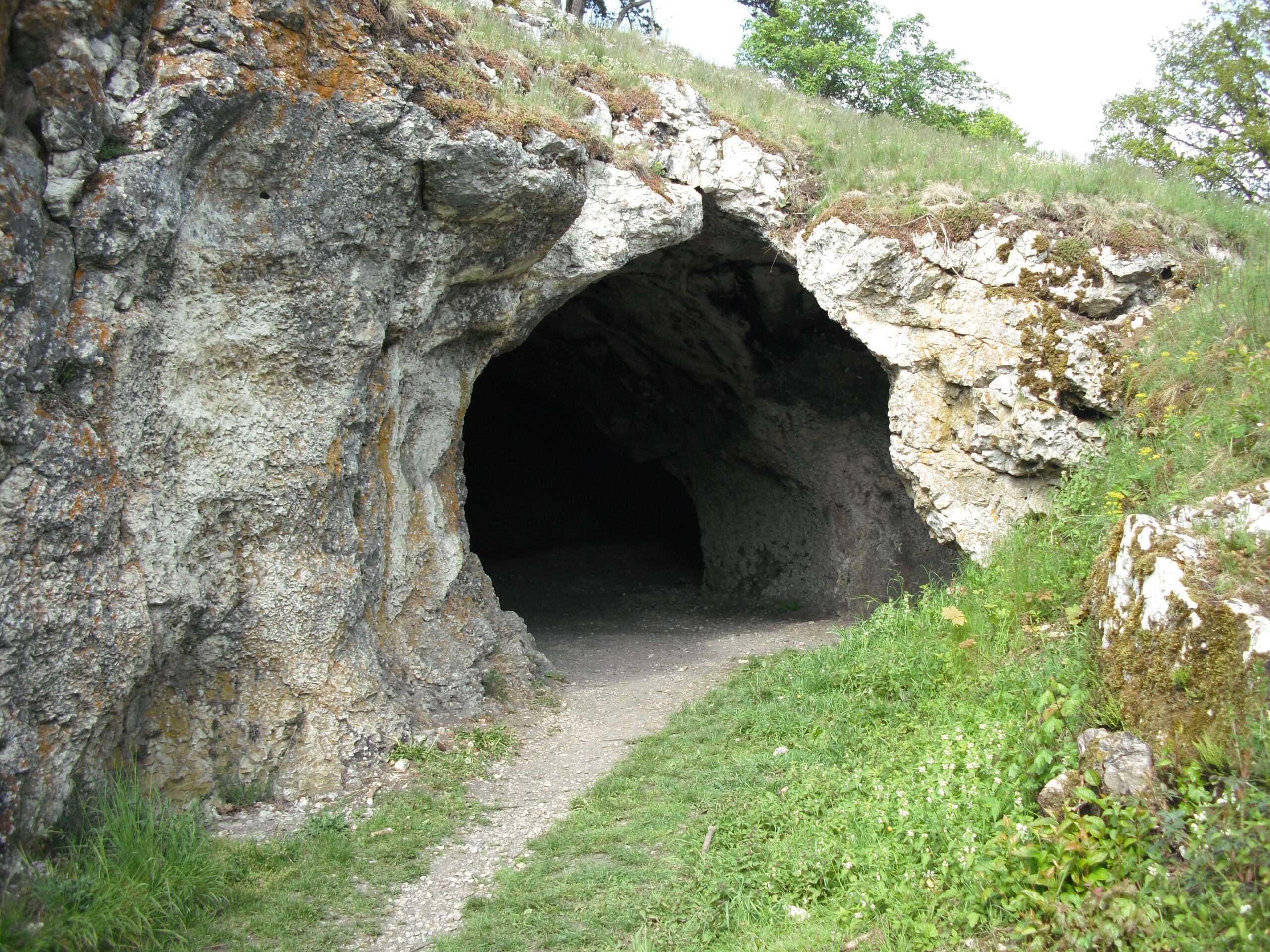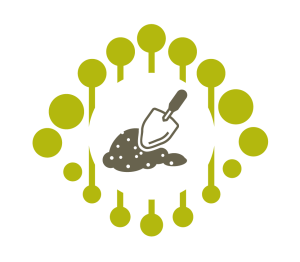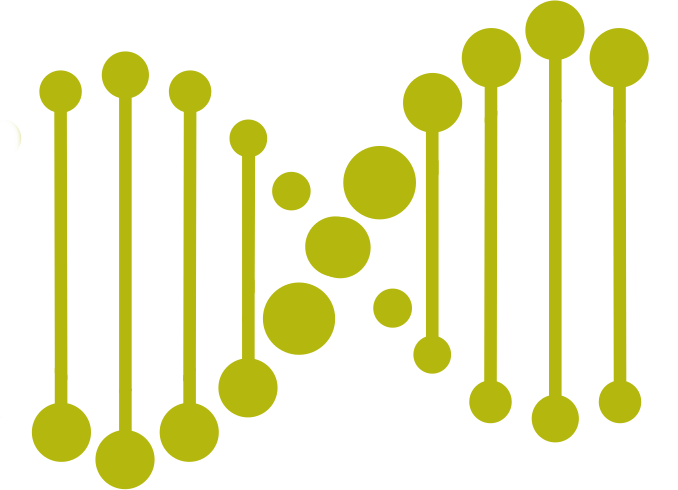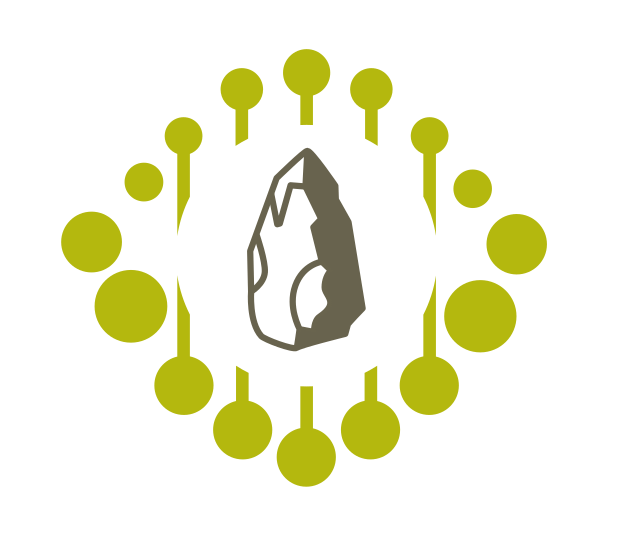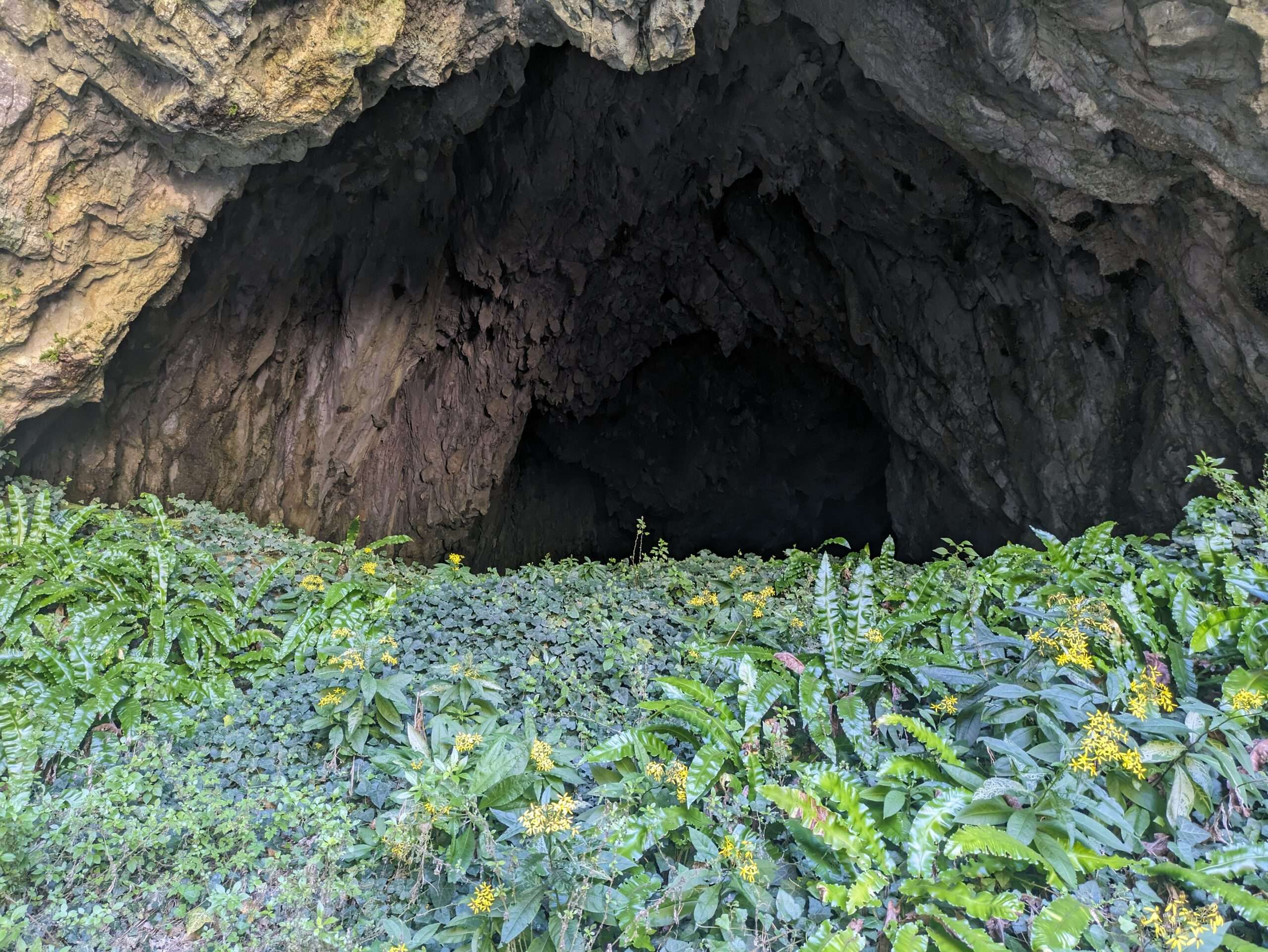
Geogenomic Archaeology Campus Tübingen

Diachronic impacts of humans on ecosystems using caves as models
Für eine deutsche Übersetzung der Seite bitte hier klicken.
The Geogenomic Archaeology Campus Tübingen (GACT) focuses its investigation on caves and their sediments, since caves house unique and discrete ecosystems that can be significantly impacted by outside agents. Caves can preserve tens of thousands of years of genetic data, providing a perfect setting to investigate human-ecosystem interactions over the long term.
GACT is a multidisciplinary LeibnizScience Campus in Tübingen that brings together archaeologists, geneticists, microbiologists, geochemists, geoecologists, paleontologists, and paleoclimatologists, among others, with the ultimate goal of using ancient DNA recovered from archaeological deposits to investigate human interaction with, and impact on, past ecosystems through time. In order to achieve this goal, the Science Campus will establish new molecular, computational, geochemical and geoarchaeological methods to analyze sedimentary sequences recovered from caves.
News
-
Sampling protocol online
Sampling protocol for obtaining sediment from archaeological excavations in caves and rockshelters for the purposes of biomolecular analyse
-
Highly Cited Researcher at GACT
Andreas Kappler is for 3rd time Highly Cited Award Recipient
-
Popular Science Article
New article in The Conversation.
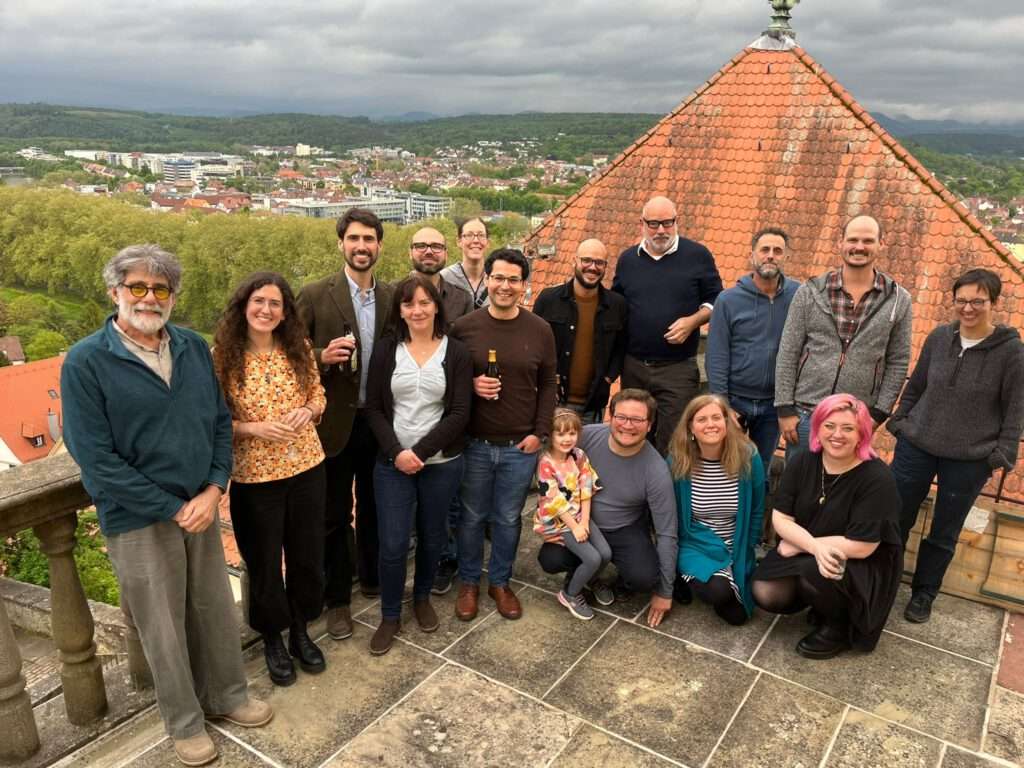
About Us
Find out more about the GACT-team and cooperation partners.
Supporters and Cooperating Institutions
